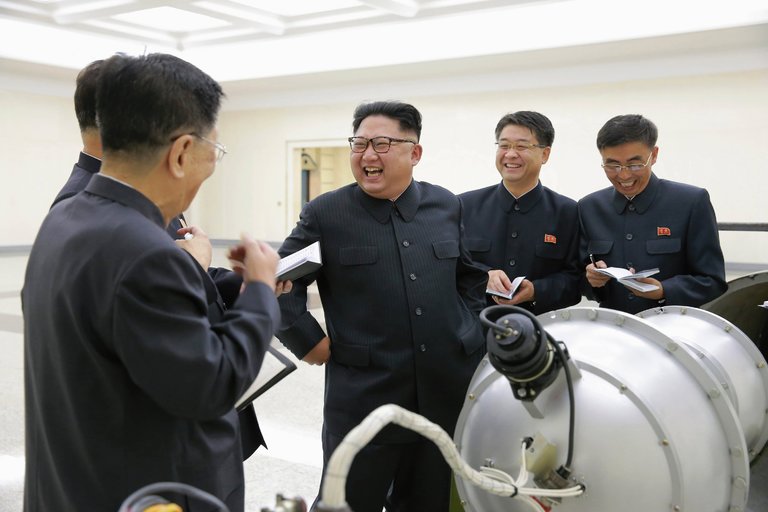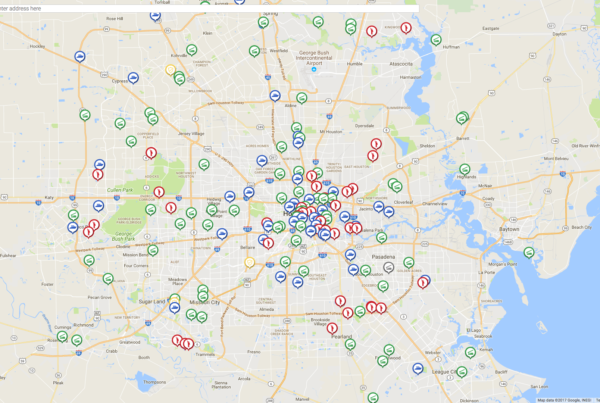In the overnight hours here on Saturday, foreign news services and Twitter began reporting a 6.3-magnitude earthquake in North Korea. Officials in Pyongyang were quick to offer an explanation, and it wasn’t mother nature.
Instead, North Korea announced it had successfully tested a hydrogen bomb – which, if true, could be exponentially more powerful than a regular atomic bomb. On Sunday, President Trump’s United Nations envoy Nikki Haley announced the United Nations Security Council would meet in an open emergency session. And after a White House meeting yesterday between the President and his national security council, Defense Secretary James Mattis warned of of a “massive military response” should North Korea threaten the U.S. or its interests.
William Inboden is a professor at the LBJ School of Public Affairs and a veteran of strategic planning on the NSC at the White House. He says that North Korea’s latest test is significant for a couple of reasons.
“There are two big game changers here… this weapon now has the explosive power to destroy a medium to large scale city, so that is terrifying,” Inboden says. “Second is that, once again, the North Koreans have shown that their nuclear program is much more advanced than our intelligence community, our best academic experts, thought.”
He says that while it’s still not confirmed that this was indeed a hydrogen bomb – it could just be a boosted atomic bomb – its still much more powerful than anything intelligence officials thought North Koreans had access to.
“North Koreans keep showing that our own information about them is out of date,” Inboden says. “Whether its their ballistic missile program or nuclear program, they are much further along than we’ve thought before.”
Listen to the full interview in the audio player above.
Post by Alexandra Hart















